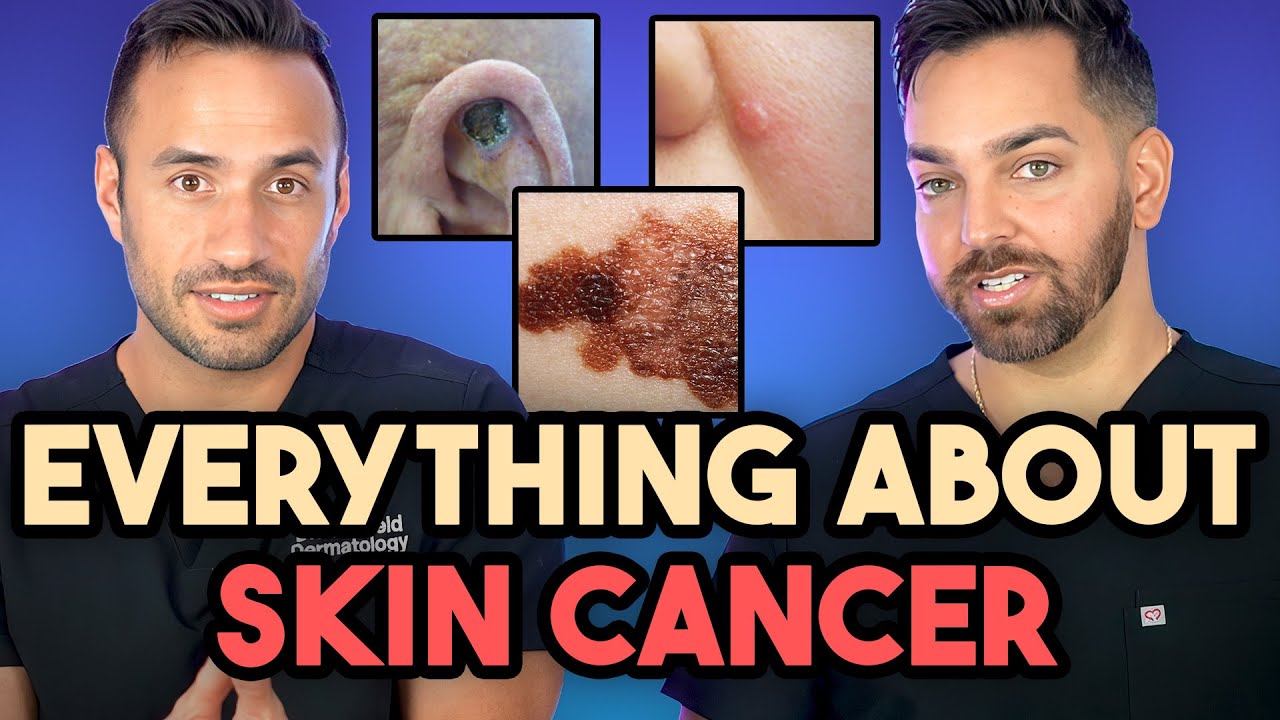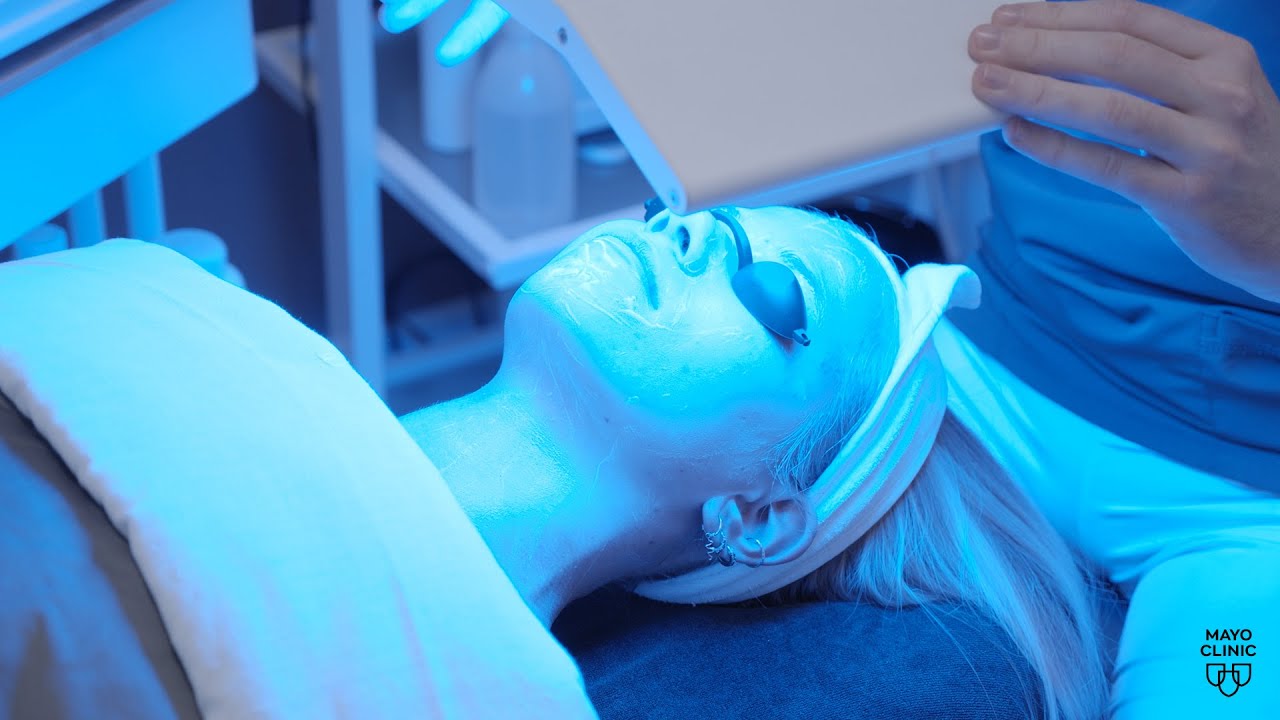NEW YORK (Reuters Health) – In new recommendations for the management of vulvodynia, the British Society for the Study of Vulval Diseases Guideline Group stresses a team approach and the need to combine treatments to tackle different facets of chronic vulval and sexual pain.
Led by Dr. Debashis Mandal at Warrington Hospital, Cheshire, U.K., the group evaluated all published literature on vulvodynia to date. Their guidelines appear in the British Journal of Dermatology published online on March 16.
They recommend that initial management include an adequate history and classification of the pain (generalized or localized, for example to the vulva or clitoris, and whether it is provoked or unprovoked). Those with sexual pain should also have a sexual history taken to identify sexual dysfunction. (Grade C recommendation, evidence level IV.)
Although psychological morbidity is higher in women with vulvodynia than in those without, the authors note, “there is no evidence for a primarily psychological cause for pain.” (Grade C recommendation, evidence level IV.)
“The diagnosis of vulvodynia is clinical,” they say. Biopsies of symptomatic areas, patch testing to exclude contact allergy, and magnetic resonance imaging are not necessary. (Grade C recommendation, evidence level IV.)
Dr. Mandal’s team urges a multidisciplinary approach that could include psychosexual medicine, physiotherapy, clinical psychology, and pain management teams (grade B recommendation, evidence level IIb).
They also recommend combination treatments from among the following: — Topical agents, such as local anesthetics, to be used with caution to avoid skin irritation (grade C recommendation, evidence level IV);
— Oral agents, such as tricyclic antidepressants and anticonvulsants, for unprovoked vulvodynia (grade B recommendation, evidence level IIb);
— Physical therapy to address pelvic floor muscle dysfunction, especially for those with sex-related pain (grade B recommendation, evidence level IIb);
— Acupuncture for unprovoked pain (grade C recommendation, evidence level IIb);
— Intralesional injections for patients with provoked pain (grade B recommendation, evidence level III);
— If all else fails, surgical excision of the vestibule may be of benefit for those with local provoked vestibulodynia, formerly referred to as vulvar vestibulitis (grade B recommendation, evidence level IIb).
Patients should be advised to minimize exposure to contact irritants from everyday products and to avoid use of inappropriate topical agents such as antifungals. (Grade C recommendation, evidence level IV.)
Dr. Mandal and colleagues add, “Patients should be given an adequate explanation of their diagnosis, relevant written information and suggested contact information.”
Patient information sources include the Vulval Pain Society (www.vulvalpainsociety.org), the British Pain Foundation (www.britishpainsociety.org/patient_publications), and the British Society for the Study of Vulval Disease (www.bssvd.org).
Reference:
Br J Dermatol 2010.






